ALL EPISODES & SHOW NOTES
In this episode we meet Cynthia Cheung, who leads the incubation programs for young entrepreneurs in over 24 countries at the Youth Co:Lab, an initiative co-led by the UNDP Asia-Pacific and Citi Foundation to economically empower the next generation in the region, through youth entrepreneurship and government innovation.
Now you might have heard about impact investing before, but for many people this is quite a new and up and coming area of investing. So, we’re going to find out more about what exactly it’s all about. Kevin is the Head of Impact Investments at Lonsdale Capital. Through Lonsdale, Kevin works with high-impact startups and social enterprises to scale their business. Lonsdale provides capital investments for seed stage to series A companies who have impact tied to the core of their business.
On this episode I’d like to introduce you to Bernhard Kowatsch who is the founder and head of the Innovation Accelerator at the United Nations World Food Programme (WFP). The World Food Program has recently been awarded the 2020 Nobel Peace Prize for its efforts to combat hunger, for its contribution to bettering conditions for peace in conflict-affected areas and for acting as a driving force in efforts to prevent the use of hunger as a weapon of war and conflict. While the WFP Innovation Accelerator was named by Fast Company as one of the 10 Most Innovative Companies of 2017 in Food for its work in identifying, nurturing and scaling disruptive start-ups that accelerate innovations to address global hunger. Innovations include blockchain, agri-tech, supply chain and new businesses to end hunger.
The impact investing space has boomed in popularity over the past decade, with many institutions adapting the idea that you can invest & generate financial returns from assets, ideas and businesses that also generate positive impact. Founded in 2017 by Catherine Chen, Avantfaire is one of the very few signatories of the United Nationals supported Principles of Responsible Investment, are a member of the Global Impact Investing Network, and are a certified B-Corporation.
Imagine living without your sight. Now imagine living without sight and that you didn’t have to be. A shocking 75% of all visual impairment can be prevented or treated. Orbis International is an international non-profit that trains medical professionals around the world, rallying world class experts to train local eye care teams. They partner with local hospital and clinics to improve and strengthen services and, though their most iconic tool – the Flying Eye Hospital – they are able to deliver most of their program work in country, on the ground alongside local communities and partners.
In this interview I chat with Susan Bissell who is the Director at the Global Partnership to End Violence Against Children at UNICEF. Although this episode was recorded a few years ago (I know, I’m sorry I’m slow at editing), Susan’s insights on the work to eliminate violence against children is still highly relevant with 1 in 2 children experiencing violence every year.
In this interview I chat with Pete Yao who is the Chief Impact Officer of Thankyou. Now for those who follow me on social media, you’ll probably know that Thank you are one of my all-time favourite social enterprises. I love them because they’ve kind of flipped the whole consumer product FMCG model on its head and as a result are doing incredible work and creating huge impact. In this episode we go into a lot of detail about how they track impact and the custom-made system that they’ve built in order to do that efficiently. We chat about how they’ve managed to effectively combine the business and social elements into a thriving social enterprise that has impacted over 750,000 people in 20 countries.
In this episode I had a chat with Andy Last who is the co-founder of Salt. Recently acquired by MullenLowe, and now known as MullenLowe Salt, the company is a strategic communications agency. As one of the first companies in the UK to be accredited as a B-Corporation, MullenLowe Salt advises organisations on they can use social issues to drive growth, and how communications can effect change to bring about better business results and social progress.
Why does a Big Four accounting firm like Deloitte do social impact consulting? Is this for CSR purposes? is this for publicity because being involved in impact is 'cool'? Are there business reasons behind this decision and if so, what were they? Do they charge clients for the consulting they do or is this pro bono? In this episode we hear from Tharani how she made a successful career change into social impact and built Deloitte's social impact consultancy from nothing.
In this episode I chat with Rochelle Courtenay, Founder of Share the Dignity. Rochelle has a great story of seeing a problem and doing something about it and just getting shit done. Now a national organisation, Share the Dignity is fast becoming what I think is one of the most impacftul and disruptive nonprofits players in Australia.
I’m sure you’ve been hearing a lot about asylum seekers and refugees in the news. As a human rights advocate for the past 25 years, a lawyer, social worker, and teacher, Kon Karapanagiotidis, - CEO & Founder of the Asylum Seeker Resource Centre - is the go-to man for everything you want to know about people seeking asylum.
I had a really great interview with Jon Feinman, who is the Executive Director and CEO of Innercity Weightlifting, a non-profit based in Boston. They own and operate a few gyms around the city and work with young people who have been identified as a high risk for violence. Their programs focus on social inclusion and reducing youth violence by working with these guys (mainly guys) in the gym. They connect these young people with new networks and opportunities, including meaningful career tracks in and beyond personal training. According to them, they use the gym to replace segregation and isolation with economic mobility and social inclusion, disrupting the system that leads to urban street violence.
This interview was recorded while Jon was in one of the gyms so you’ll probably hear a few weights and grunts in the background, don’t mind them, it’s all part of creating the atmosphere! I absolutely love the work that Jon and Innercity Weightlifting are doing. They are completely flipping the typical non-profit model on its head with the way that they are running their programs but not only are they changing the lives of the students they are working with, they are changing the lives of the clients who choose to train at the gym with the students. Jon mentions in this episode that most of the clients that come to the gym have never met someone who has been in jail before. Making this introduction and fostering a connection promotes social inclusion not just for the students, but for the clients too. Excited for you to listen to this episode!
As you may know, I spent a few months in the Philippines last year. And it was amazing. There’s a special place in my heart for that country and the incredible people there. During my time there, I met up with Mark Ruiz. Mark is one of the co-founders of Hapinoy - a social enterprise that work with women or nanays, who run small convenience stores, otherwise known as sari-sari stores in the Philippines. Sari-sari stores typically sell canned goods, rice, noodles, coffee, shampoo and toothpaste. Products are sold to locals from the neighbourhood in small packets or numbers, with very small profit margins. The stores are run informally, within the family and financial mismanagement is common. Hapinoy trains the women running these stores how to improve their business practices, get loans and earn more income
I’m sure you’re aware that most of the world’s news coverage from developing countries centres around 4 topics: war, poverty, disaster, & disease. That’s where Global Press comes in.
Global Press exists to pave a new way forward for international journalism. Acknowledging the flaws and limitations in both foreign correspondence and citizen journalism, Global Press offers a powerful third way. Global Press Institute (GPI) trains women in developing media markets around the world to be ethical, investigative, feature journalists. After completing the Institute’s 24-module training program, trainees are employed as professional reporters at Global Press Journal. At the Journal, reporters cover the topics of their choice, supported by a sophisticated editorial structure that offers deep insight, extraordinary context and complete accuracy. Once complete, local language and English versions of stories are published on the Journal and distributed via Global Press News Service, the syndication division of Global Press.
Global Press Journal’s coverage takes a much fuller picture of the developing world
When I first started thinking about this podcast and the topics that I’d like to cover, domestic violence was one that was top of mind for me. Domestic violence is an issue that has always stirred something in me. It’s something that is so pervasive in our societies. It crosses all cultures, races, countries, income and education levels. 1 in 3 women aged 15 and over will be abused at some point in their lives. How is this acceptable? But it happens every day. When I first started thinking about this podcast and the topics that I’d like to cover, domestic violence was one that was always top of mind for me. Domestic violence is an issue that has always stirred something in me. It’s something that is so pervasive in our societies. It crosses all cultures, races, countries, income and education levels. 1 in 3 women aged 15 and over will be abused at some point in their lives. How is this acceptable? But it happens every day
The scale of the issue is huge. In Australia alone, police deal with an estimated 657 domestic violence matters on average every day of the year. That’s one every 2 minutes. Every 2 minutes! So, by the time you’ve finished listening to one of the Doing Good Podcast episodes, around 30 women would have been affected. And these are just the women that get through to police. Because the likelihood of women calling for help is extremely low and domestic violence often goes unreported.
In this episode, I interview Marica Ristic, the Domestic & Family Violence Client Response Team Leader from the Domestic Violence Prevention Centre on the Gold Coast in Australia. We go back to basics and talk about domestic violence – what it is and why it happens; what is being done about it; and what you can do to help. Let me know what you think about this episode in the comments!
So, unless you’ve been living under a rock, it’s hard not to miss all the events, news, and general PR buzz about International Women’s Day that was recognised this month. Countries celebrate it in different ways. This year you would have heard about the Day Without Women in the US and many other western countries around the world such as Australia. It is an official holiday in a number of places including: Afghanistan, Armenia, Burkina Faso, Cambodia, Cuba, Georgia, Kazakhstan, Laos, Mongolia, Montenegro, Russia, Uganda, Vietnam. Zambia and in China & Nepal for women only. Many brands such as Nike and P&G launch powerful ad campaigns, while companies around the world ranging from huge multinationals host an array of events, women’s breakfasts and conferences in recognition of the day.
If we move past all the marketing spin, is International Women’s Day still even important? Why do we still celebrate it? Is there an international men’s day? And, looking in to the future, what are the 6 things that we should be focussing on when it comes to gender equality.
In this episode I chat with Anne-Marie Bakker, VP Operations & Partnerships at Fostering Education & Environment for Development (FEED) in The Philippines. In this episode we chat about environmental conservation in the Philippines and how it’s being used to create economic opportunites andpromote peace in unstable areas. If you’re looking for an environmental warrior, look no further than Anne-Marie - she takes us in to the life of a grassroots activist and will be showing us what her work is like. Enjoy!
I am super excited to introduce you to Christine. She is someone who I really admire because of her personal and professional accomplishments. You’ll hear me say it a few times in this episode, but I honestly don’t know how she has the time to do everything that she does. Having said that, I think when you’ve found that sweet spot in your life where you can use the skills that you’re good at while you work at something that you’re passionate about, the time you spend on work, doesn’t seem like work at all. Christine co-founded Women on a Mission - a social enterprise that combines travel, sport and adventure with her passion to end violence against women. Now I’m not talking about leisurely travel here, some of their recent missions have included one to Iran in November 2016 where they trekked 200km of dessert. They also recently went to Jordan for rock climbing, Siberia to live with the nomadic Nenets reindeer herders and even up to Everest Base Camp in 2012. These trips are not for the faint-hearted. We’ll chat about how they do these trips, prepare for them and how these trips contribute to the fight to end violence against women. Let’s get in to the show!
On the show today we have Sabeen Ali, founder and CEO of San Francisco-based Angelhack - the world’s largest and most diverse hacker community. AngelHack, a female-owned, female-majority company helps drive open innovation of tech products, platforms and brands with extraordinary smarts, scale and speed via tech education, marketing and hackathons. Prior to AngelHack, Sabeen founded (and then sold) her own leadership training and organizational development company, Team Building ROI. She has also consulted for companies like Yahoo!, and Cisco. Sabeen is someone who i very much personally admire. I especially love how she is working to bridge the gap between the tech world and the social world, which have up until quite recently been very seperate. Even today, the social world can be very slow to adapt new technology, much to the sectors disadvantage. Sabeen is also someone who is very much a role model for getting more women in to technology and is also a champion of making this happen quicker. Angelhack is actually one of the case studies that I use quite often when people tell me that it is too difficult to have more women at a tech event or in their organisation. Anyway, I think it’s best we get in to the show so that Sabeen can tell you more about her work!
I promise I've got a great episode for you today. I'm sure a lot of the listeners out there have heard about Salesforce and probably even use it. But I'm pretty sure your imagination would be quite limited in terms of the type of social impact initiatives that they work on that are in line with their business. Well today you're in for a treat. I interviewed Esther Nai, who heads up corporate responsibility and sustainability programmes across Asia for Salesforce about exactly that. I'm quite familiar with their work in creating social impact so I'm excited to share this with you too. We chat about their 1-1-1 model, some case studies on impact that they've created, how they measure impact and most interesting to me, how Salesforce aligns the social impact with their business model. Enjoy!
I am excited to introduce to you one of my very good friends and someone who I find extremely inspiring. In this episode, I interview Eli Johnston who does a lot of very interesting work bringing together corporations and entrepreneurs to accelerate social innovation. He does this through his work as the head of corporate innovation at the Impact Hub in Singapore which is a co-working space and community for social entrepreneurs. If that’s not enough, he is also the co-founder of Own Your Brilliance that brings students together from around the world and gives them to tools to get started on their journey to becoming social entrepreneurs. In this spare time, for the next 9 months Eli is also teaching a class of 10 women from all over South East Asia. They are house helpers also known as foreign domestic workers in Singapore. And he is going to be running a Venture Club through an organisation called Aidha which teaches financial literacy, business and entrepreneurship to these incredible hardworking women on their days off. Eli will be working with the women to build their business plans for a venture in their home countries and for the first time in Aidha’s history, these businesses will be designed as social enterprises. Honestly don’t know how he does this all! Anyway, I hope you enjoy this episode, it was definitely one of the more fun ones for me to record, especially as I find that Eli is someone who can be a lot of fun but also very deep in his thoughts and motivation to change the world. I’m keen to hear what your thoughts are after you’ve had a listen!
The silly season is in full swing! And although, I love this time of year because of the special time I get to spend at home with my family and friends, I can't quite wrap my head around the craziness in the shopping malls and supermarkets. Apart from being absolute chaos, are you noticing the consumerism and materialism? #guilty This is a quick episode about how you can do good over the Christmas season with 3 simple and EASY-PEASY tips to make this time of year truly the GIVING time of year.
Episode 9 & 10 of the Doing Good Podcast are interviews with Founder of Chuffed, Prashan Paramanthan. In this episode, Prashan shares a ton of wisdom from his journey raising VC funds, how others can learn from their fundraising process and general advice for social entrepreneurs who are looking at securing investment from other non-traditional sources. Prashan also talks about Chuffed’s company structure and why they made the decisions they did to set it up that way. If you don’t already know much about Chuffed, I recommend listening to episode 9 before tuning in to episode 10. Looking forward to your thoughts!
Episode 9 & 10 of the Doing Good Podcast are interviews with Founder of Chuffed, Prashan Paramanthan. In episode 9, we talk all things tech for good, crowdfunding for social good and more. You get a better understand of what exactly crowdfunding is and how it can be used to create huge impact. Chuffed is a unique social enterprise in its structure and is the first of its kind to receive venture capital funding. If you would like to hear more about the business side of things for Chuffed from Prashan, you can check out episode 10 with his advice on getting started, how to fundraise and more. Enjoy!
This is an episode that I have been wanting to do for a while. Everyone knows Facebook, but not many people would be aware about the work that Facebook is doing in the community to create social impact. In this episode, I interview Clair Deevy who is the head of Economic Growth Initiatives for Asia Pacific at Facebook. Clair is someone who really inspires me, and in this episode, we talk about some of the initiatives that she is looking after. One of the programs we talk a lot about is She Means Business - an initiative to support female entrepreneurs. Another one you may have heard of is Safety Check which has been used around the world for natural disasters and human tragedies. Clair is a seasoned professional in terms of executing high impact initiatives that not only create positive social impact in the community, but also are in line with business objectives. Something that is increasingly becoming more important as businesses take on a bigger role in creating impact in their communities and supply chains. We speak about the work that she is doing now, how she got to where she is, and her thoughts on how others can get started. If you are working in any type of business or multinational organisation, I highly recommend this episode as an example of things to consider when thinking about business and social impact. Enjoy!
I was planning on releasing an episode from another amazing guest but given recent events, I think it’s an important time to stop and reflect about a new era that we have well and truly entered. This is an episode about tolerance and finding common ground to overcome some of the biggest problems the world is facing. These thoughts have been weighing heavy on my mind for a few years now, but over the past few months I’ve been putting it altogether. Challenging my beliefs and assumptions. Although many of us are genuinely concerned with the direction the world is heading in, I believe that we can all do more. We can all do better. I was honestly a bit nervous about releasing this episode, because I don’t want to sound like I’m coming to the defence, or attacking any certain type of person. I am not discrediting real experiences or feelings from people either. I also don’t want to come across as preachy. My aim is to open up dialogue and challenge you to think further about your role, whatever your opinion is, and how you can do better. The purpose of this podcast is not only about doing good and hearing about different ways to do good. But it’s also about challenging misconceptions and challenging beliefs, ideas and assumptions. It’s open having open discussion and critique in a supportive community that cares about a sustainable future for every being. The fact that I even feel the need to preface this episode with that little disclaimer means that I am anxious about the response that it’s going to get, even though the whole point is to open dialogue. How ironic is that! Despite my anxiety, I’d love to hear your thoughts and ideas, so long as they’re constructive!
"The greatest challenge of the future will be to find common ground - to close the increasingly growing divide between class, race, gender, wealth and beliefs."
Siddarth Das is the Director of Digital Engagement at WWF International and the Executive Director of WWF’s Earth Hour. Earth Hour is a very interesting campaign in the way that it’s run. Actually, WWF and their online communication in general is quite outstanding. The panda brand is recognized almost everywhere. So, it was interesting when Sid mentioned some common misconceptions about what WWF actually does, but also, how they’re using digital media tools for education and to support their social impact work. There’s a lot to talk about in this interview so I hope you enjoy!
This is a very special episode in partnership with CGIAR and CGIAR Gender and Agriculture Research Network to recognise, International Day of Rural Women (15th October), World Food Day (16th October) and the International Day for the Eradication of Poverty (17th October). CGIAR is a global research partnership for a food-secure future. CGIAR science is dedicated to reducing poverty, enhancing food and nutrition security, and improving natural resources and ecosystem services. Its research is carried out by 15 CGIAR Centers in close collaboration with hundreds of partners, including national and regional research institutes, civil society organizations, academia, development organizations and the private sector. Now the participation and inclusion of rural women is so important to meet the growing need for food and eradicate poverty. Women are central to many development projects around the world. In this episode, I interview Maria Alejandra Garcia who is an Assistant Researcher at the International Centre for Tropical Agriculture (CIAT) in Colombia. She works on projects related to rice production in Ecuador, Colombia and Bolivia, which is culturally seen as "male crop" in the region. As such, the work that women do in rice production is often not recognized and therefore not supported. Maria Alejandra’s work is to understand how gender plays a role in agriculture and what can be done support rural women in having access to the same resources and opportunities as men. This episode brings to light the importance of good research, how it affects development programs, government policies and business decisions, and what happens when women are left out.
William Stubbs who is the cofounder of an organsiation in Australia called Spur Projects. Most Australians would have heard of their Soften the Fuck Up Campaign and their just launched "How is the World Feeling?" campaign.
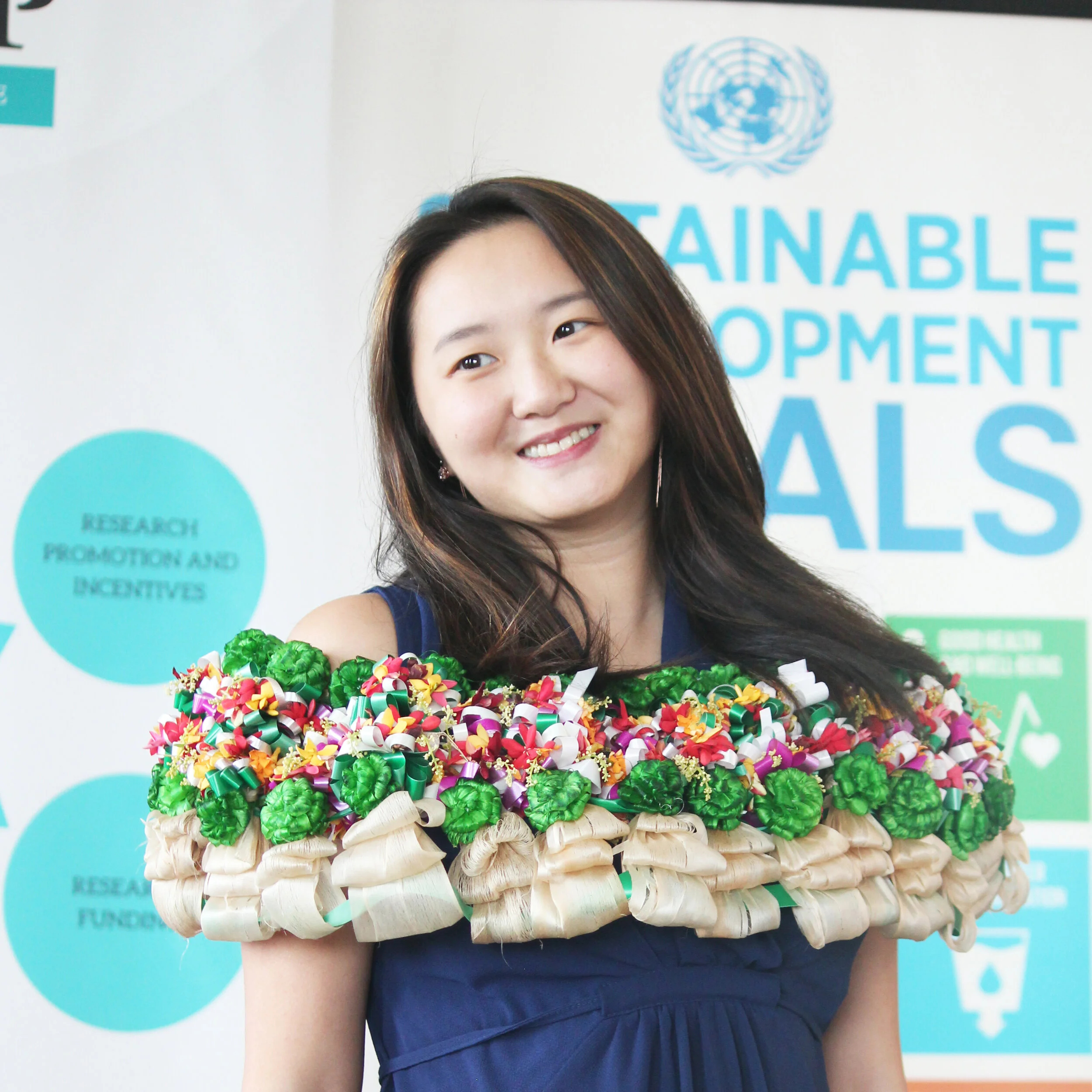
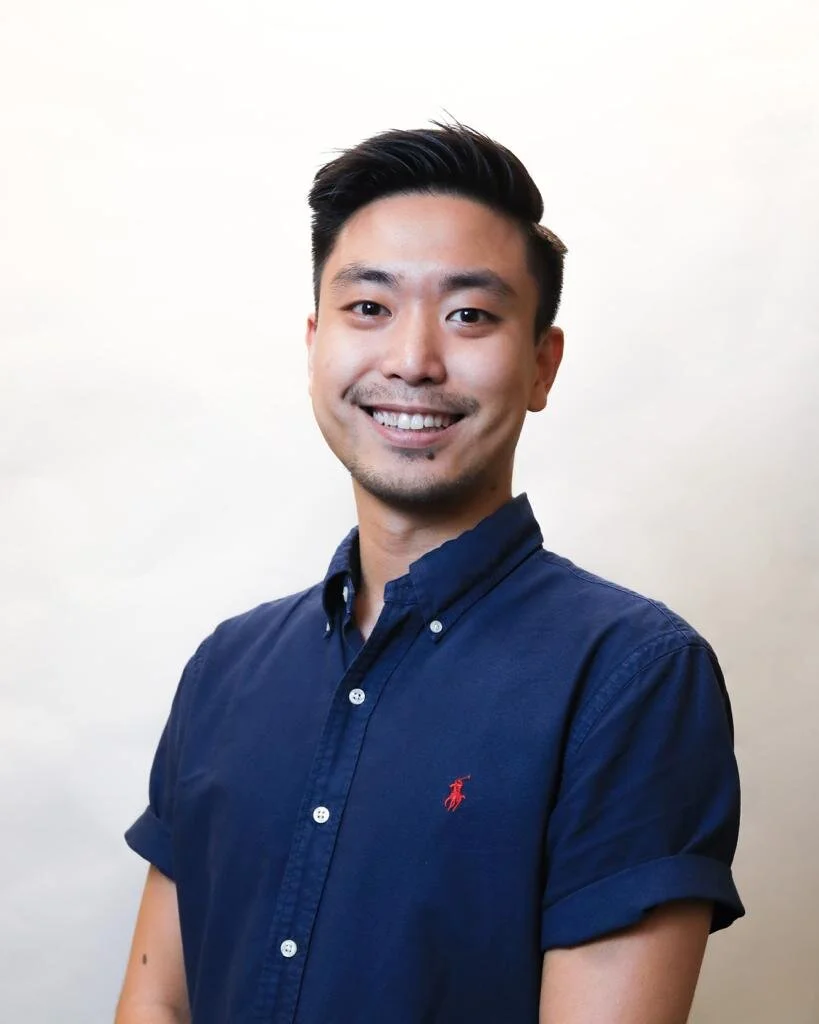

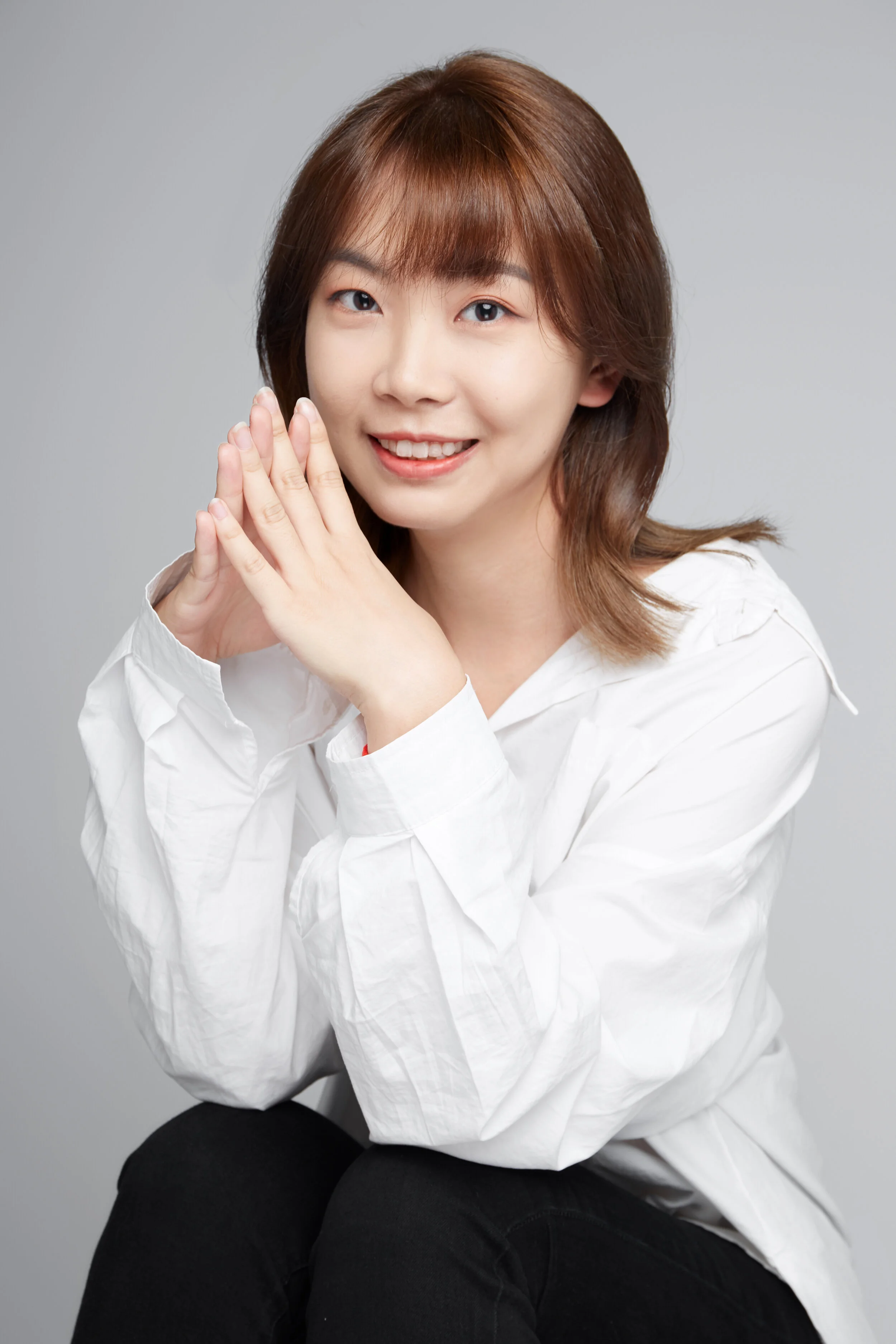

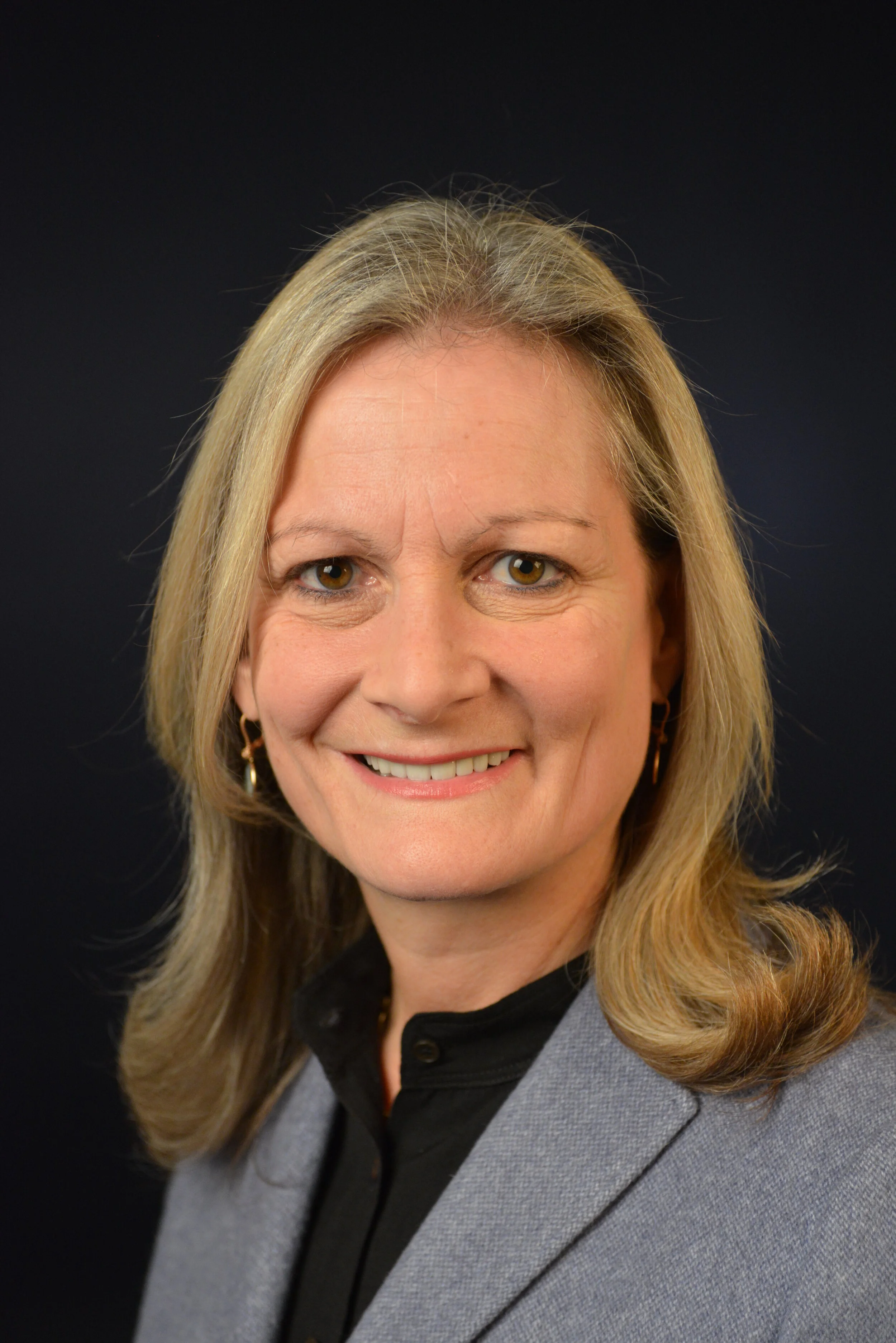

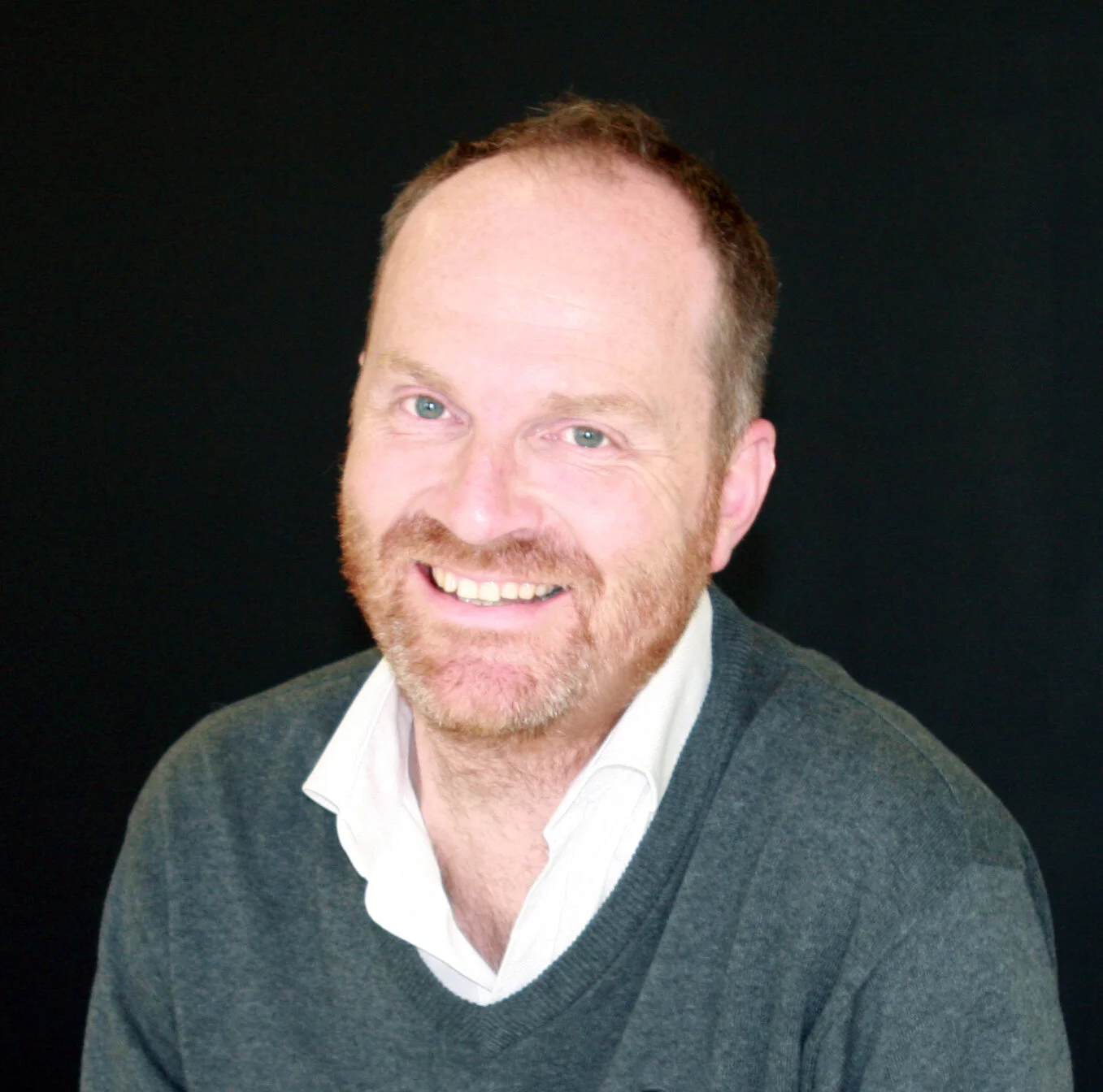








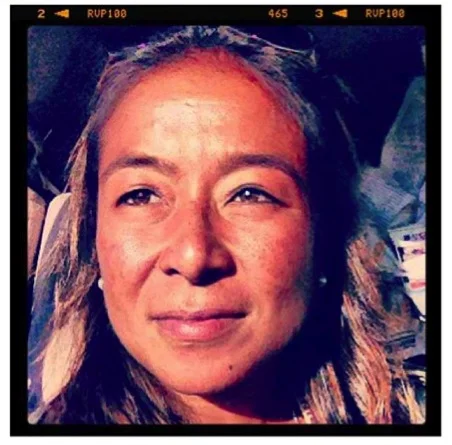







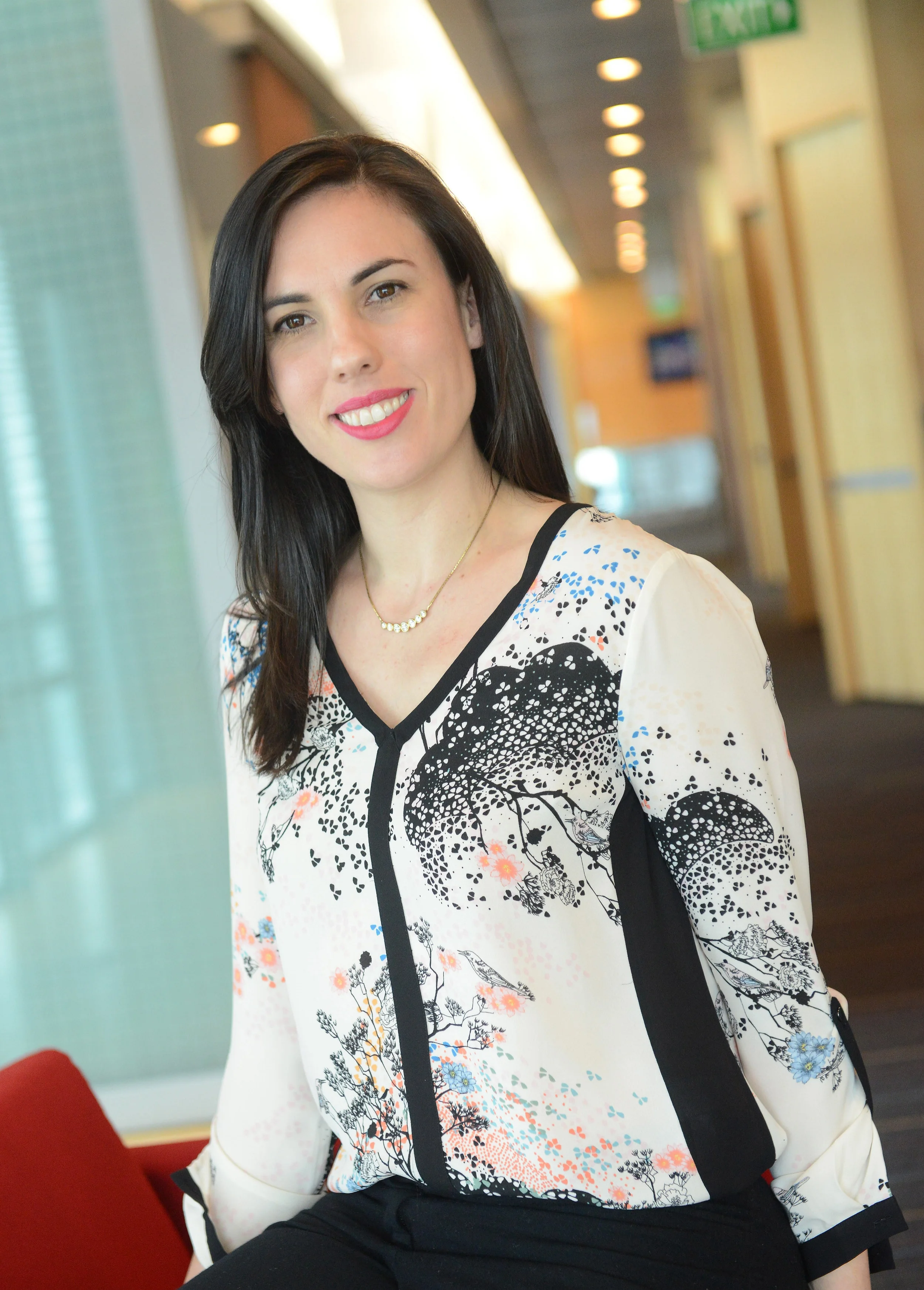


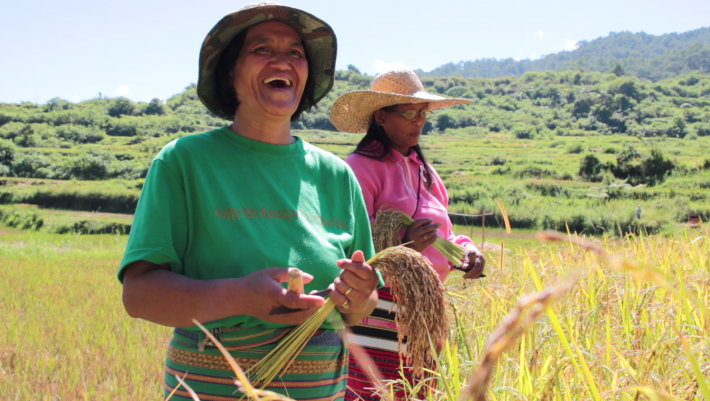

In this episode we meet Sumitra Pasupathy, who is the Global Partnerships Director at Ashoka. Ashoka is absolutely legendary in the world of social entrepreneurship. And it's based on the idea that the most powerful force for good in the world is a social entrepreneur.